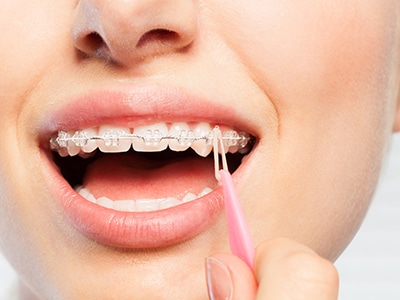
Blog
How a Little Sunshine Helps Teeth During Orthodontic Treatment

The Importance of Vitamin D
While in braces, healthy teeth and gums are of vital importance. Vitamin D helps to support oral health in two ways:
- It helps our bodies to absorb and utilize calcium
Vitamin D has several major functions. One of its major functions is moderating other vitamins and minerals – including calcium. Calcium is crucial because it fortifies our teeth and supports jaw and bone strength. Several studies have shown greater cavity risk for people who live in regions with little sunlight – sometimes as much as double the risk.Read More
4 Surprising Foods that can Cause Bad Breath

Hey Runners! Pay Special Attention To Your Oral Health

Oral Health and Running
While the rest of your body may be in great shape, each extra training hour actually increases your risk of tooth decay. Athletes are at risk for two specific oral health problems: dry mouth effects and sports-related nutrition effects. Read More
5 Tips for Teaching Kids How to Brush

Common Speech Problems Orthodontics Can Help

-
Lisp or Whistling
Lisps or whistles are common in children and adults and are developed due to open bites. An open bite occurs when the tongue doesn’t make a true connection with the roof of the mouth. This typically happens when pronouncing words containing the letter “s” or “z.” Patients with an open bite often pronounce these words as if they have the letters “th” instead of an “s.”